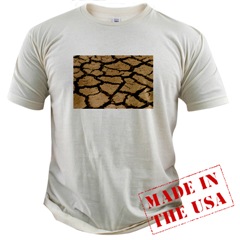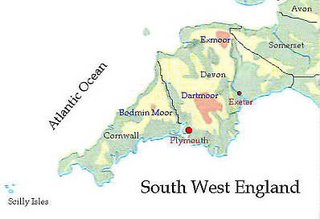Buy our 'TOP 10' T-Shirt!!
It's finally here! We have had so many requests for a T-shirt for our 'TOP 10 Ways to save the world' that we've done just that. You can find various options to buy for yourself or, as a gift for others. There are other photo choices and different T-shirt designs and the range will continue to expand. Remember they're there to spread the word;
1. Walk, cycle, use public transport & lastly, carpool
2. Reduce, reuse, recycle
3. Reduce useage of lights, heating & gadgets
4. Buy Fairtrade & Organic
5. Buy energy efficient products
6. Protect woodlands & green spaces
7. Reduce useage of fossil fuels
8. Conserve water
9. Use more renewables
10. Buy local, reducing product miles
Please note that you will find the 'TOP 10' wording on the back of the T-shirt. Easier for others to read.
Go to;
Have fun!








